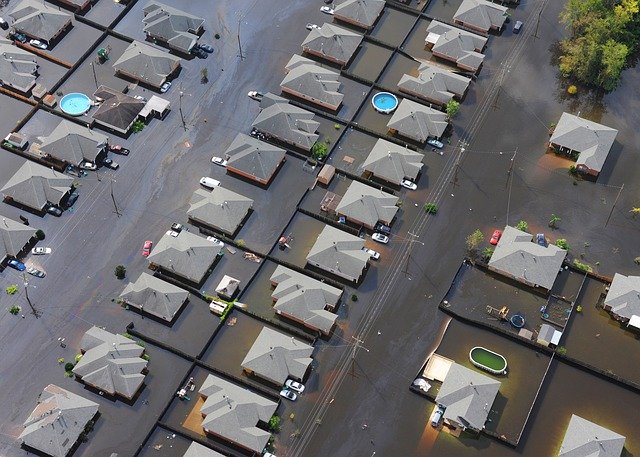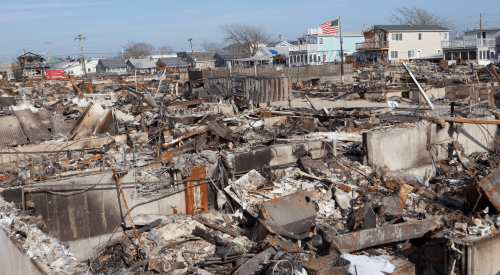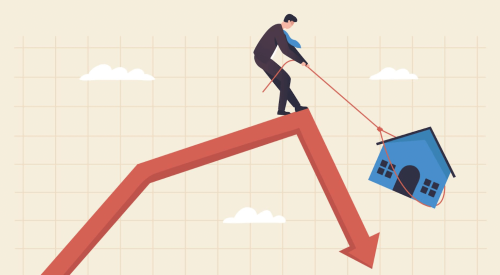If banks start factoring in climate change, they may stop giving mortgages for houses in high-risk areas prone to climate disasters. But if they ignore climate change altogether, they could be creating conditions that lead to another 2008 by giving mortgages to homeowners only for them to default on flooded homes.
Climate change could punch a hole through the financial system by making 30-year home mortgages — the lifeblood of the American housing market — effectively unobtainable in entire regions across parts of the U.S.
That's what the future could look like without policy to address climate change, according to the latest research from the Federal Reserve Bank of San Francisco. The bank is considering these and other risks on Friday in an unprecedented conference on the economics of climate change.
For the financial sector, adapting to climate change isn't just an issue of improving their market share. "It is a function of where there will be a market at all," wrote Jesse Keenan, a scholar who studies climate adaptation, in the Fed's introduction.













